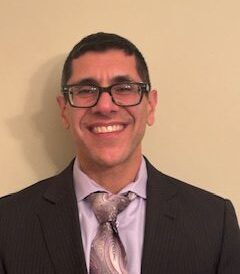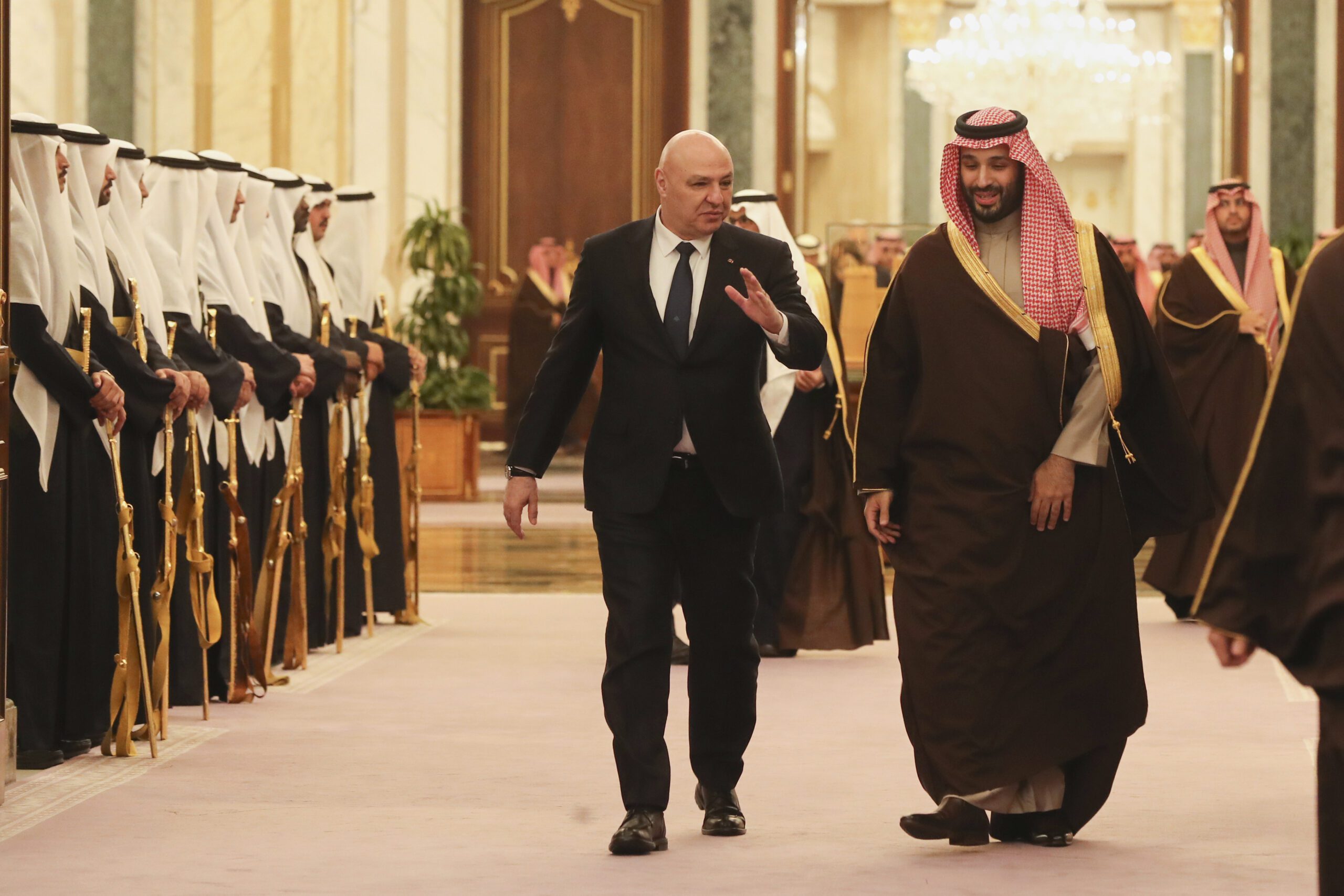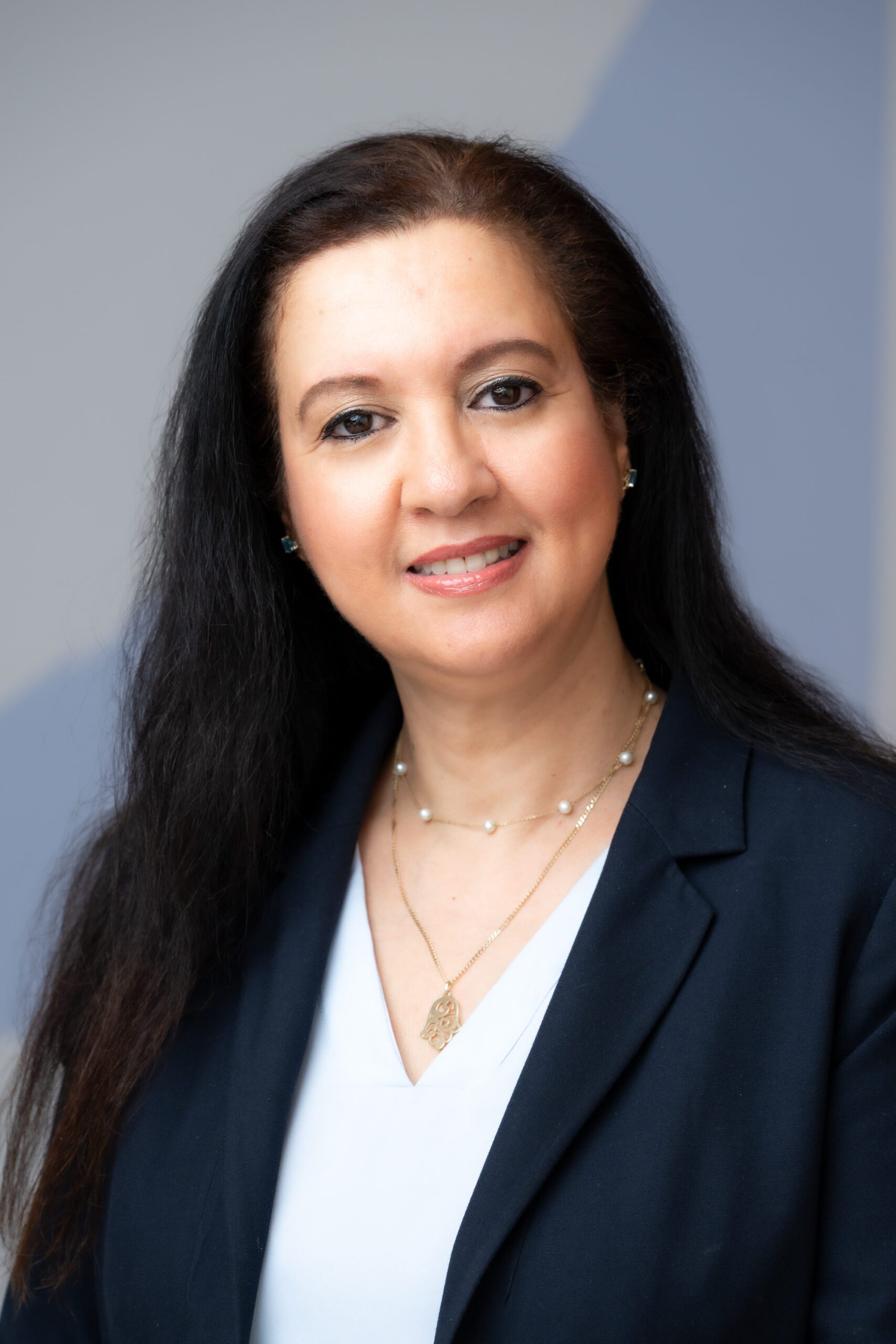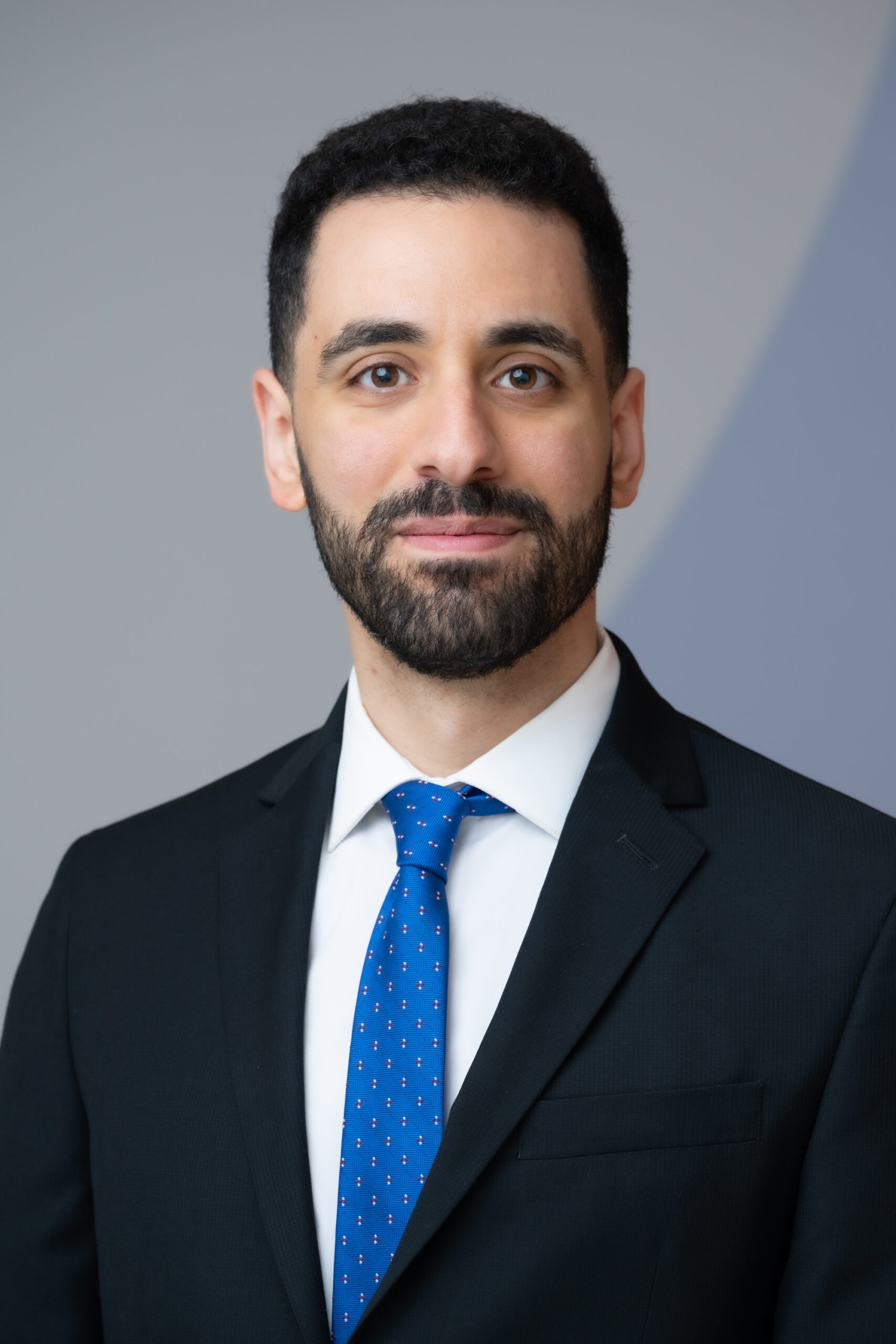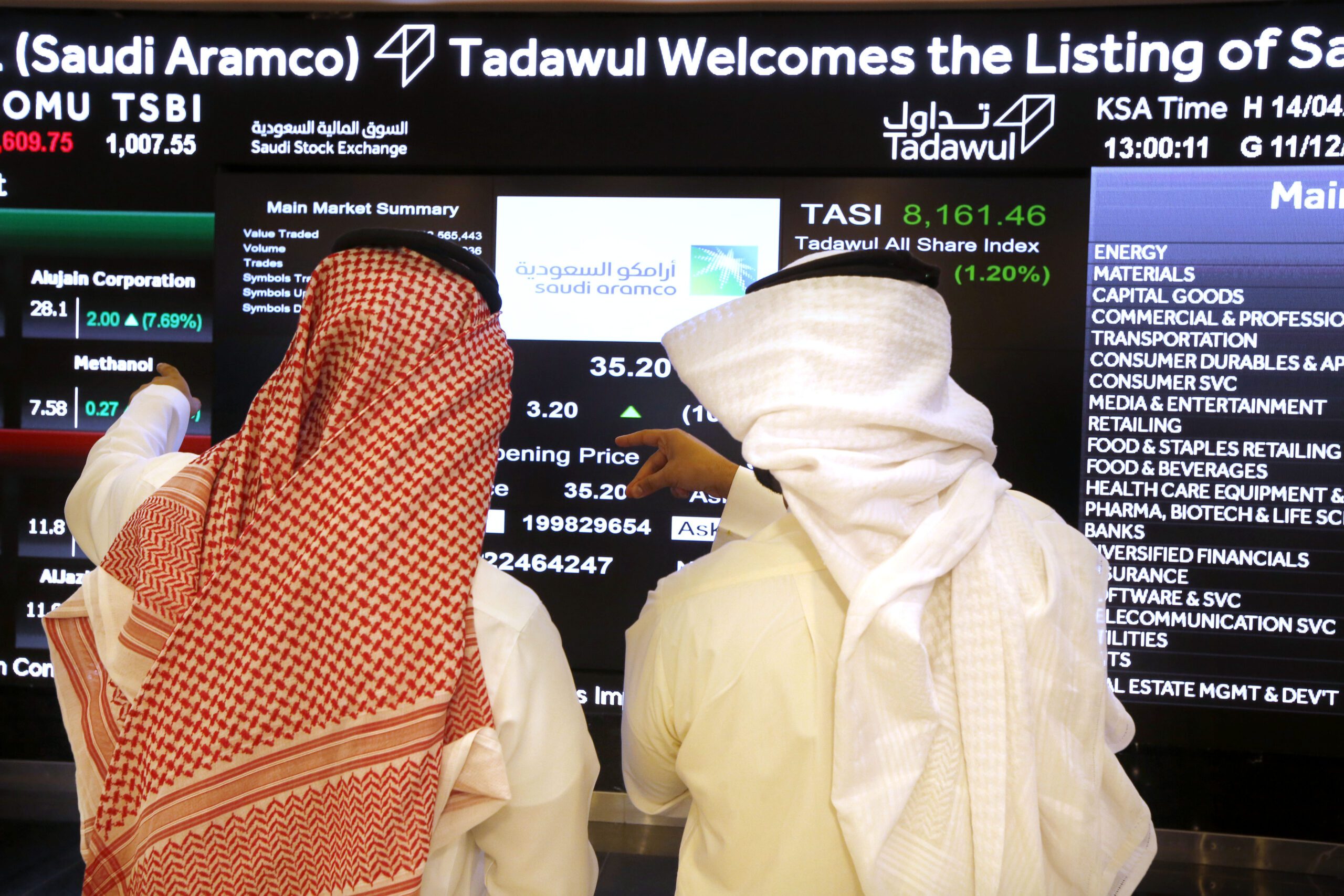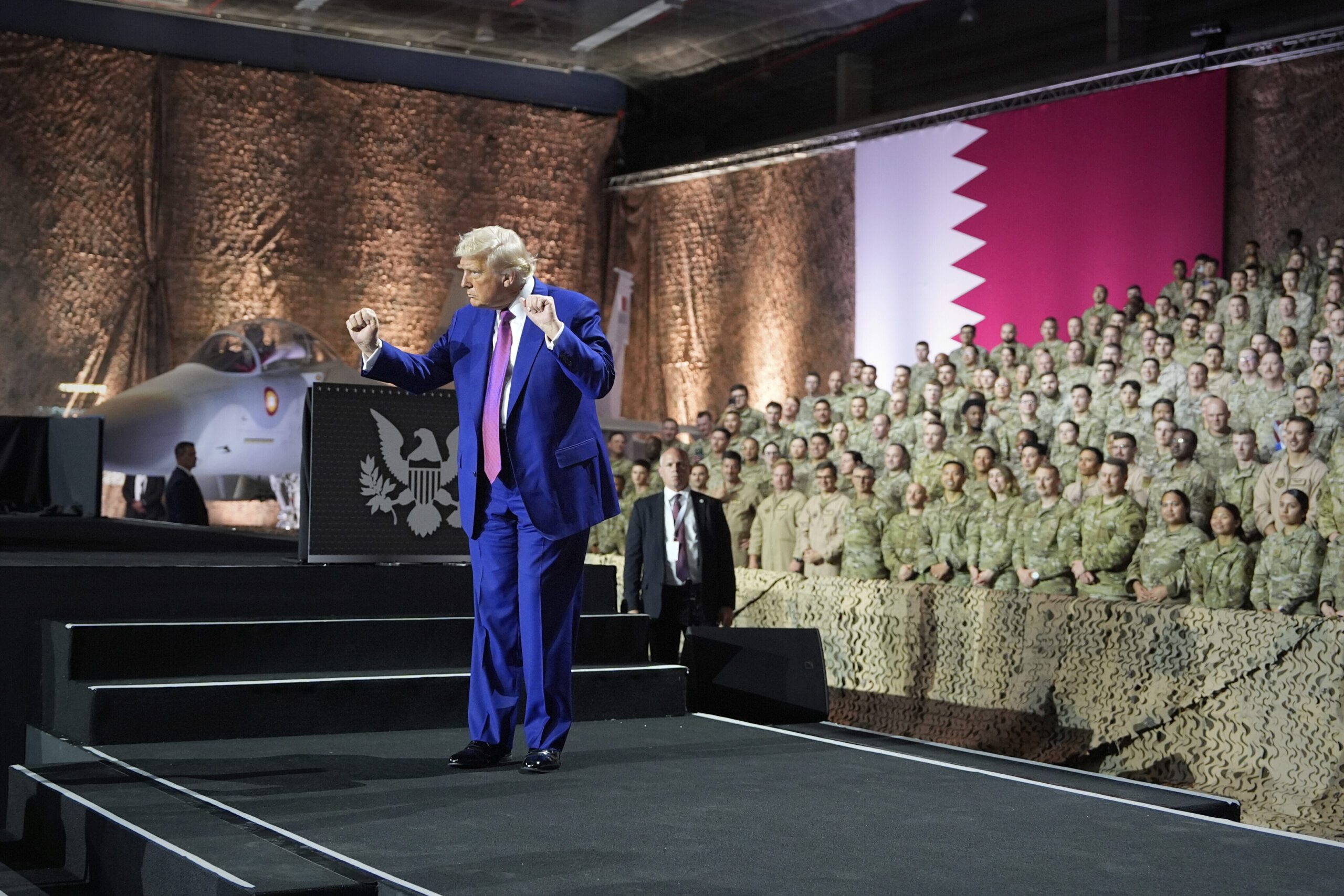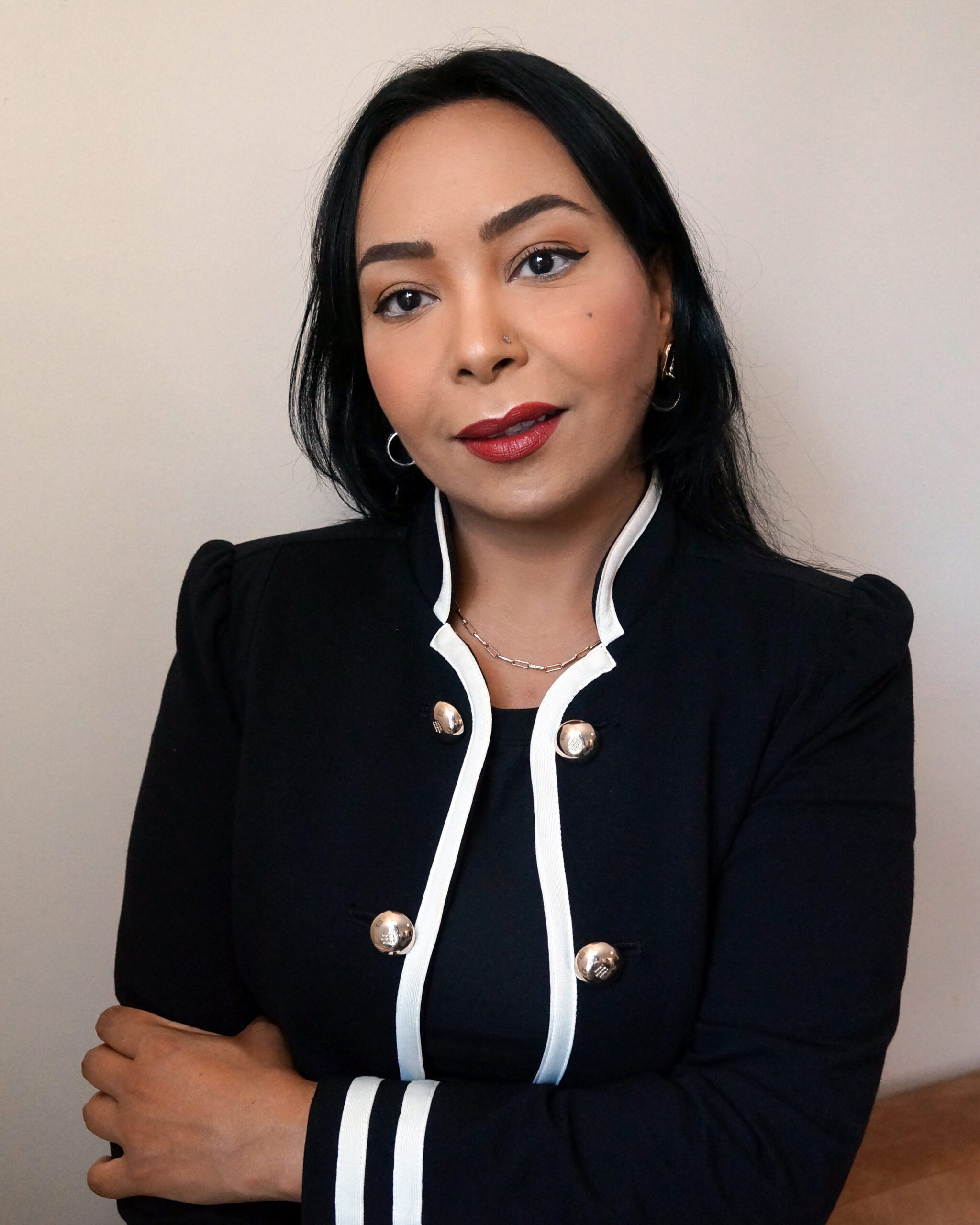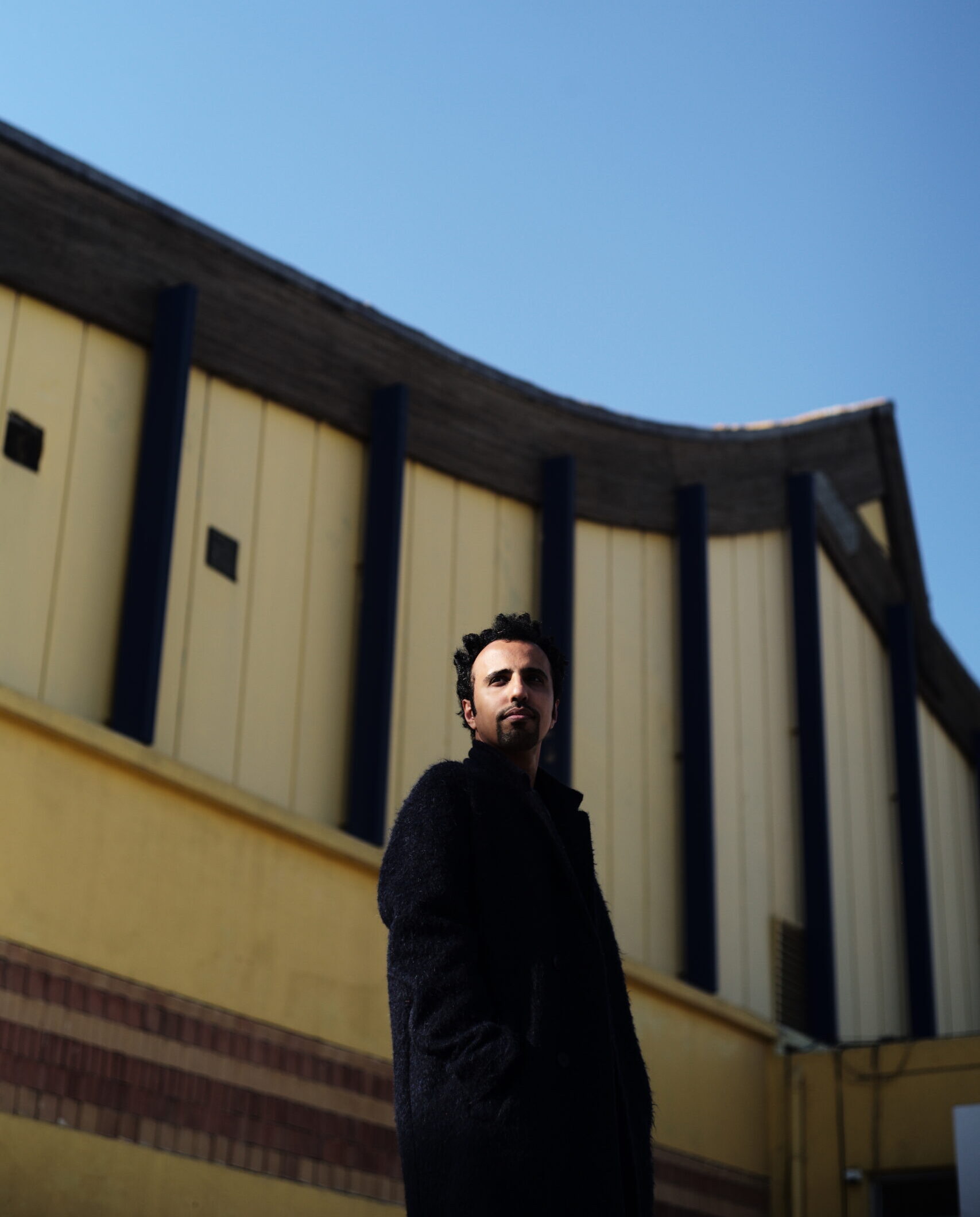Apr 24, 2016
Waiting Out Obama
This post is the first in a series by AGSIW senior resident scholars on the foreign policy implications of the 2016 U.S. presidential campaign and election. It is no secret that the Saudi and wider Gulf leadership are not fans of U.S. President Barack Obama. Complaints range from the personal – that he hasn’t built...
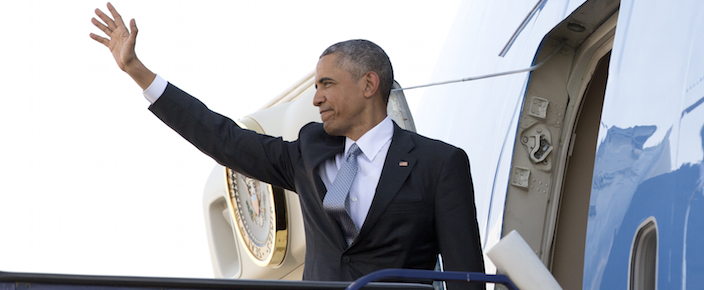
This post is the first in a series by AGSIW senior resident scholars on the foreign policy implications of the 2016 U.S. presidential campaign and election.
It is no secret that the Saudi and wider Gulf leadership are not fans of U.S. President Barack Obama. Complaints range from the personal – that he hasn’t built strong ties to Gulf monarchs – to the strategic – that he has neither backed his Gulf partners nor backed up his own promises, most notably in Syria. There are deep misgivings about shifts in U.S. alliances: from a new opening with Iran, to a new pivot to Asia.
The Jeffrey Goldberg interview with Obama in The Atlantic examining his approach to foreign policy – dubbed “the Obama Doctrine” – provided evidence to support these concerns. The lengthy conversation revealed the president’s impatience with Gulf demands and barely concealed distaste for Gulf monarchies that he deemed “free riders” and insufficiently attuned to the needs of their own publics. Few Gulf analysts anticipate improved relations under the current administration. For them, the promise of a revival of the deep U.S.-Gulf partnership rests with the next administration. As the Emirati political scientist and analyst Abdulkhaleq Abdulla stated at a recent AGSIW event, “The U.S. and the GCC states have a solid relationship. We have a problem with the president.”
To this expectation, the U.S. presidential primaries offer a disappointing counterfactual. The rising isolationism and antipathy toward the Middle East and Muslims expressed by many of the leading candidates reflect a crude amplification of the Obama administration’s caution in foreign policy and impatience with the ongoing conflicts of the Arab world. Elections are imperfect indicators of future presidential agendas. But these elections have been revelatory of some important shifts taking place in U.S. politics, trends to which the politically minded Obama foreign policy team has been attuned.
Two U.S. Crises and Their Political Effects
Obama’s term in office has been shaped by two critical failures that preceded it: the 2003 Iraq War and the 2008 global financial crisis. Both have shaped U.S. foreign policy in fundamental ways, decreasing the appetite and funds for foreign military commitments, and diminishing U.S. stature abroad. And both have informed the deep mistrust of the political and financial establishment that has characterized the 2016 elections.
The Iraq War initially had majority support from an American public traumatized by the September 11 attacks and willing to follow a more martial course presented as critical to the rapidly evolving “War on Terror.” However, the deeply problematic aftermath of botched nation-building efforts, escalating communal violence, and subsequent rise of the Islamic State in Iraq and the Levant (ISIL) has sharply turned American opinion on the war. It has also contributed to a general skepticism about the potential for positive change in the Middle East and broader Islamic world – a skepticism grounded in the events of September 11 and nurtured by the disappointing political yield of the once hopeful Arab Spring. There is simply little public appetite for deeper engagement in the Middle East and Gulf region, except for efforts to degrade or eliminate ISIL and al-Qaeda.
The 2008 financial crisis that shook the U.S. financial sector and housing market had a profound negative impact on the economic standing and political outlook of many Americans. Research on comparable financial crises such as the one that crippled Latin America in the 1980s has shown that their costs are shouldered disproportionately by labor. The economic recovery in the United States, while more resilient than European countries, has been slow to reach the working class. These effects are likely compounded by global economic integration, which has also benefitted capital and highly skilled labor over blue-collar workers and U.S. manufacturing. While a direct correlation is difficult to substantiate, the political translation of these economic pressures appears to be manifesting in greater working class support for America-first policies in trade and increased hostility toward the financial elite.
The 2016 Presidential Primaries
The 2016 presidential primaries have been noteworthy for the success of political outsiders. The two leading Republican candidates and one of the two remaining Democratic candidates hold positions well outside of previous party platforms. Infusing the rhetoric of the campaigns of businessman and reality television star Donald J. Trump, Texas Senator Ted Cruz, and Vermont Senator Bernie Sanders is a deep distrust of the political and economic elite. In the Republican race the break is near historic, splintering the party into three discernable factions, and shattering the once formidable dominance of pro-trade, pro-global leadership doctrines within the party. The result has been the airing of foreign policy positions by leading candidates heretofore seen as inadmissible.
At least since the election of President Ronald Reagan, the Republican establishment has been shaped by a conviction of American exceptionalism: that U.S. leadership is necessary to the functioning of the global economy and maintenance of global security, usually characterized as the promotion of free markets and democracy. The Iraq War and the declining fortunes of the United States’ working class have opened space for a revival of an older tradition of America-first nativism championed by the outsider businessman Trump. His campaign has gained traction lambasting trade and immigration policies as undercutting Americans. His rhetoric displays an unwillingness to continue the disproportionate U.S. investment in the global trade and security regimes built by U.S. leadership, as evidenced by his surprising denigration of the value of the NATO alliance and his open disparagement of regional trade agreements. Another novice in foreign policy, Cruz has voiced contradictory positions on the use of American power. Yet his campaign, reflected in statements and in the advisors he has assembled, is remarkable in the degree to which his Christian evangelical commitments shape his foreign policy outlook.
Running through both Trump’s America-first nationalism and Cruz’s Christian evangelism is more than a hint of Islamophobia. Trump’s proposed moratorium on Muslim immigration and Cruz’s call to admit only Christian Syrian refugees are unprecedented views for candidates at this late stage of a presidential primary race. Cruz’s foreign policy team includes Lt. Gen. William Boykin and Frank Gaffney, two leading proponents of the idea that a “stealth jihad” is being waged in the form of “creeping Shariaization” of the U.S. legal system. Gaffney has called for the return of a counterpart to the Cold War-era House Un-American Activities Committee to root out those promoting civilizational jihad within the U.S. government.
The Democratic primaries have likewise provided space for a deep questioning of the role of U.S. leadership. Sanders has been noteworthy in his sharp critique of U.S. trade policies, and in his willingness to question once sacrosanct Middle Eastern allies, Israel and Saudi Arabia. This has left the leading presidential candidate, former Secretary of State Hillary Clinton, as the strongest proponent of the value and even necessity of U.S. global leadership. As stated in a recent New York Times article, “Unexpectedly, in the bombastic, testosterone-fueled presidential election of 2016, Hillary Clinton is the last true hawk left in the race.”
Implications for Saudi Arabia and the Gulf States
The emergent isolationist tendencies that color most of the candidates’ foreign policies and the strong dose of xenophobia and Islamophobia among leading Republican candidates cannot be dismissed as mere anomalies. The weaknesses and imbalances of the global economy and disappointing performance and yield of foreign interventions in the Middle East have left their mark on the American electorate. Even a seasoned Clinton foreign policy team committed to more assertive positions in the Middle East built on trusted alliances would face the same headwinds of public opinion that have informed both the Obama foreign policy and current primaries. This is likely to act as a restraint on policymaking, through general public opinion and congressional incursions into the executive’s prerogatives on foreign policy.
One indicator of this is the introduction of a bipartisan bill in the Senate to restrict arm sales to Saudi Arabia. While there is little chance the legislation will progress or receive the support of the executive, it remains remarkable in its frank acknowledgement of the divergence in the two allies’ definition of their national interests. More emblematic of the popular mistrust of the Saudi alliance are congressional demands to release pages withheld from the final report of the 2014 congressional inquiry into the September 11 attacks, demonstrating the strong resonance this national trauma still has with the American public. This issue coincides with the progression of a Senate draft law that would allow lawsuits brought by families of 9/11 victims alleging Saudi complicity in the attacks to go forward. News of a Saudi threat to respond to the bill’s passage by selling the kingdom’s holdings of U.S. treasury bonds may have the unfortunate effect of tying Saudi Arabia to the broader populist backlash against financial elites.
The growing independence and regional assertiveness of Saudi Arabia and other Gulf states, like the United Arab Emirates, are unlikely to gain them greater favor with the American public. Still any future U.S. administration is likely to further the maturation of the current trend toward greater burden sharing of security in the Gulf. There may even be more support for the Gulf’s key issue – coordination to restrain Iranian ambitions in the Gulf region – given the lack of favor shown to the Iran nuclear agreement by leading presidential contenders. Even Clinton, who endorsed the Iran deal, has averred, “This isn’t the start of some larger diplomatic opening.”
Foreign policy is an elite business, and presidential leadership may shape public opinion as well as respond to it. Nonetheless, it is important for Gulf states to appreciate the structural forces constraining the direction and force of U.S. policy in the Middle East, and the popular politics that accompany them.
The views represented herein are the author's or speaker's own and do not necessarily reflect the views of AGSI, its staff, or its board of directors.

